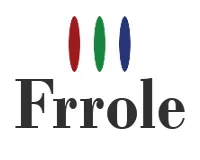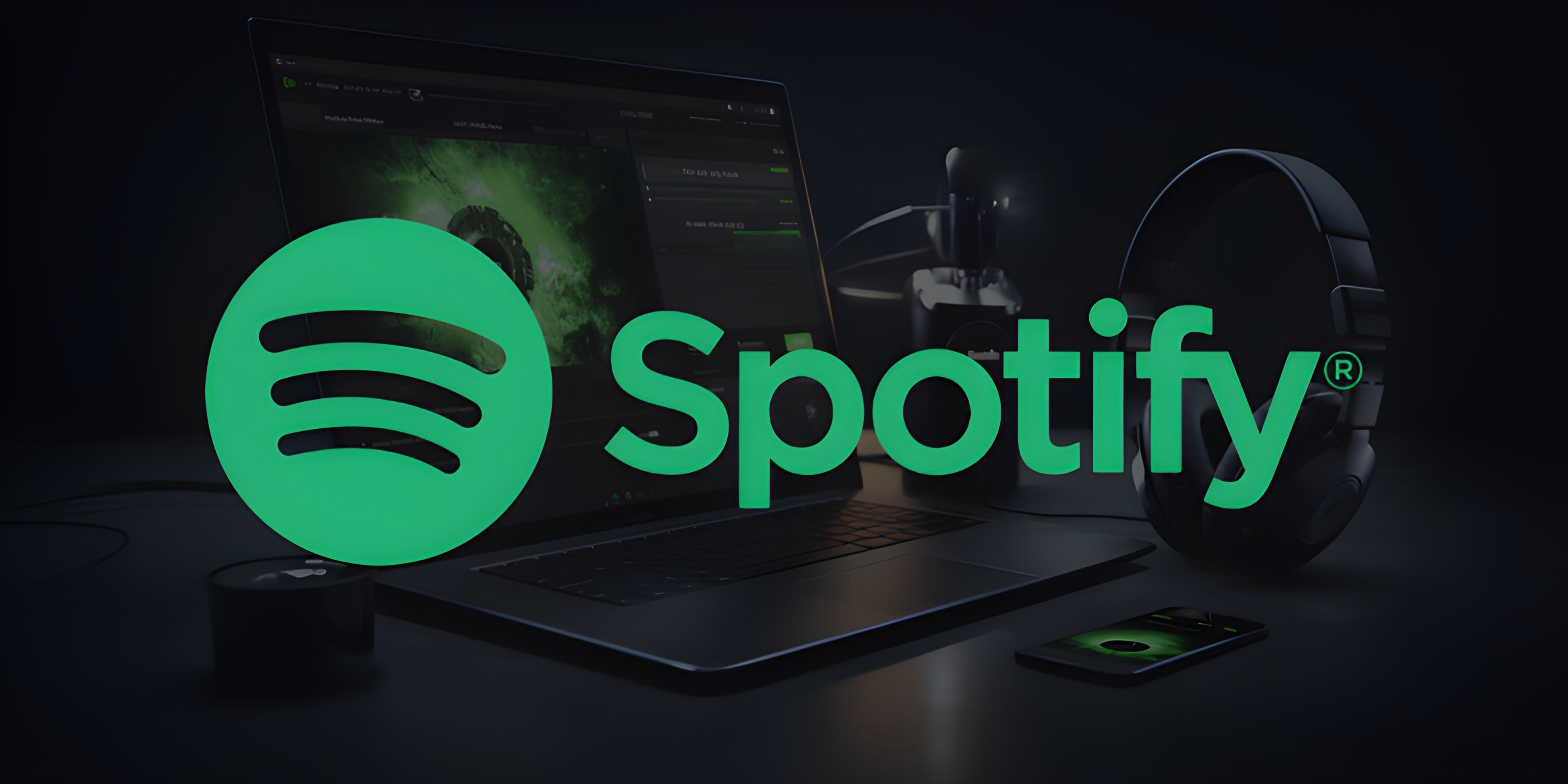Frrole: A Social Newspaper Built On Twitter - Less Noise &MoreUseful Tweets, City By City
Friday November 25, 2011 , 8 min Read

Twitter is a great storehouse of information but it is a bit difficult to weed out the information which is not so important to you. Taking a cue from this, Frrole has been built upon twitter to filter the information. Frrole went live today after a successful test period and Jubin Mehta from YourStory caught up with founder, Amarpreet Kalkat for an in depth analysis. Excerpts from the interview:Give us a brief about Frrole.
Frrole is a social newspaper built on top of Twitter. It analyzes Twitter data city by city, filtering out the noise and pulling out the most useful and popular tweets. These tweets are then algorithmically analyzed and categorized under different sections like Events, Sports, Deals etc., just as they would be in a traditional newspaper. By doing so, Frrole creates a localized social newspaper, giving consumers virtually a brand new way of discovering more about their city.
So, how does Frrole do this?
Noise to signal ratio on social media is probably 90% to 10%, so building such a social application is easier said than done. Frrole tackles this problem by employing a pretty sturdy set of data reducing and processing algorithms. It successfully reduces the ‘processing worthy’ information by a factor of 3 without losing anything statistically significant and finally provides an output that is 0.2 - 0.5% of the initial input. Content metadata plays a significant role in some of the stages and language processing is the key in others.
What is your USP?
While some other social news sources have taken a personalized approach creating newspapers based on people one follows, Frrole believes in everybody’s ability to say publicly useful things and equally importantly, in the crowd’s ability to measure it. It does not matter anymore whether the source is the biggest media corporation or from the guy next door. If people around find the information relevant, it automatically bubbles up to the top, in real-time, irrespective of where it came from. Seen from a philosophical perspective, this is almost like democratization of information, wherein anybody can be a journalist.
Why the name Frrole?
The name Frrole is a derivative of a word in Punjabi language that roughly translates into ‘to play around, to discover, to explore’. We had always said that this project was about building a brand new way of discovering the cities that we live in, hence the name was always there in the shortlist. The fact that it met 6 of the 7 criteria we had for choosing the name (refer Paul Graham’s essay here) and had the .com domain available, finally sealed the deal.
Tell us about your background and the team at Frrole.
Frrole is being developed by a small team at Ciafo, a Bangalore based startup. Apart from Frrole, Ciafo has two other products, both in the consumer web space.
Frrole team itself consists of three people. I play the product lead, taking care of product design and management. I also double up as the front-end developer. Although visibly lousy, I still take a lot of pride in the fact that I am one of the very few MBAs who can still code. The Frrole back-end, which really is the core of the whole system, has been developed by the other two teammates. They are still part-time and therefore in stealth mode, but have otherwise been doing one heck of a job and a really huge part of the credit for getting Frrole to beta stage goes to them.
What made you come up with Frrole?
We wanted to build ‘real-time social information streams’ into our travel portal Travelomy. We were surprised at not finding any ready made localized streams, so we just decided to build one of our own.
But as we started looking into the data available on social media platforms, it started becoming clear that while the amount of information available online through social media sources was increasing at a tremendous pace, there were hardly any good products that were able to make good sense of it. It was also clear, and probably always had been, that the collective knowledge of the crowd is more than the knowledge of any professional group. This was pretty much the point where we decided to go in. We started with Twitter and today, we analyze close to 5 million tweets everyday, using one slice of a server and covering 20 cities. And we are literally just getting started.
Did you need any funding to startup?
We have not made use of any external funding in getting Frrole to this point. We are however talking Big Data here and are probably going to look at funding to scale up our operations.
What technology does Frrole use?
Frrole uses a combination of Java and LAMP stacks. The back end is Java based and the front end is LAMP based. The key technology otherwise is the set of data reducing, data filtering, data processing and data serving algorithms. That is where the USP of Frrole lies, simple keyword based information streams of social media are otherwise offered by a plenty of companies.
How long has the team been working on it?
The team did the first POC around the April-May timeframe. After a brief lull when we were busy rolling out the big release of Travelomy, we re-started on Frrole (then called The Social Radio project) around the last week of July. The private alpha version was released around the middle of September, and the public alpha around the first week of October. We are now launching the public beta, which covers 20 cities globally. These are early days, and we have a long way to go.
How do you market Frrole?
Frrole, by virtue of its Twitter association, is inherently a very marketable product with an ability to go viral. Twitter users generate the content that becomes the input for Frrole, and the output of Frrole is consumed by the same Twitter users; giving us the ability to engage our audience in a very personalized manner.
On the other side, it also means that our audience is a very informed one and the only way to please them would be by providing very solid, very wow value. It is really up to us how well we are able to do that. The other aspect which makes marketing Frrole very tough is that we are almost creating a new way to consume information here. ‘Social News’ sounds more like a fancy buzzword than a really useful thing. The early adopters might not hesitate to give it a shot, but the huge weigh-and-move majority might not open up to a new thing all that easily.
What is your revenue model?
In the very near term, we are looking at a subscription model where we open up our web service APIs to developers, content & media publications on a ‘city by city’ basis. The way StockTwits adds value to CNNMoney, Yahoo! Finance or Reuters websites by providing real-time information, Frrole has the ability to add such value to many locally targeted products like events and deals aggregators, travel sites, news sources etc.
In the medium to longer term, our ability to process locally relevant social information using our language algorithms gives us the opportunity to do many interesting things. Personalized newspapers, providing localized social analytics, connecting brands to needy consumers are just some of them.
Can you give us a hint as to when you’d be opening up the APIs?
We are going to open up our APIs to 3rd party developers/teams by January. Right now, we are looking at doing a private alpha that helps us get early feedback to improve the APIs. In return, we would be providing free subscription for a sizeable period, letting those teams play around and see if our service can add value to their products.
What are the other functionalities you'll be adding in the near future?
Geographical scaling is big on our agenda. We currently process close to 5 million tweets every day spanning 20 cities; our goal is to scale up to cover 100+ cities and 20 million+ tweets in the next 6 months. It is a stretch goal, but that is what makes it all the more fun. We would also continue to improve our algorithms and expand the list of categories we cover. Especially the algorithms, as it is really a never-ending exercise. The key challenge is in being so much ahead of the curve that you can always give wow to your users, but that is much easier said than done. Google Search is a great example of an already good product that just keeps getting better; we hope to pick a leaf or two from their book.
More about the social newspaper at: http://www.frrole.com/ and teams interested for the APIs can connect with Frrole: @frrole or reach them at [email protected].






![[Weekly funding roundup April 13-19] VC funding hits record high for the year](https://images.yourstory.com/cs/2/220356402d6d11e9aa979329348d4c3e/funding-roundup-LEAD-1667575602969.png)



![[Funding alert] B2B startup Bulk MRO raises up to Rs 25Cr in debt financing led by Stride Ventures](https://images.yourstory.com/cs/2/b87effd06a6611e9ad333f8a4777438f/Imagerk2h-1593681853140.jpg)